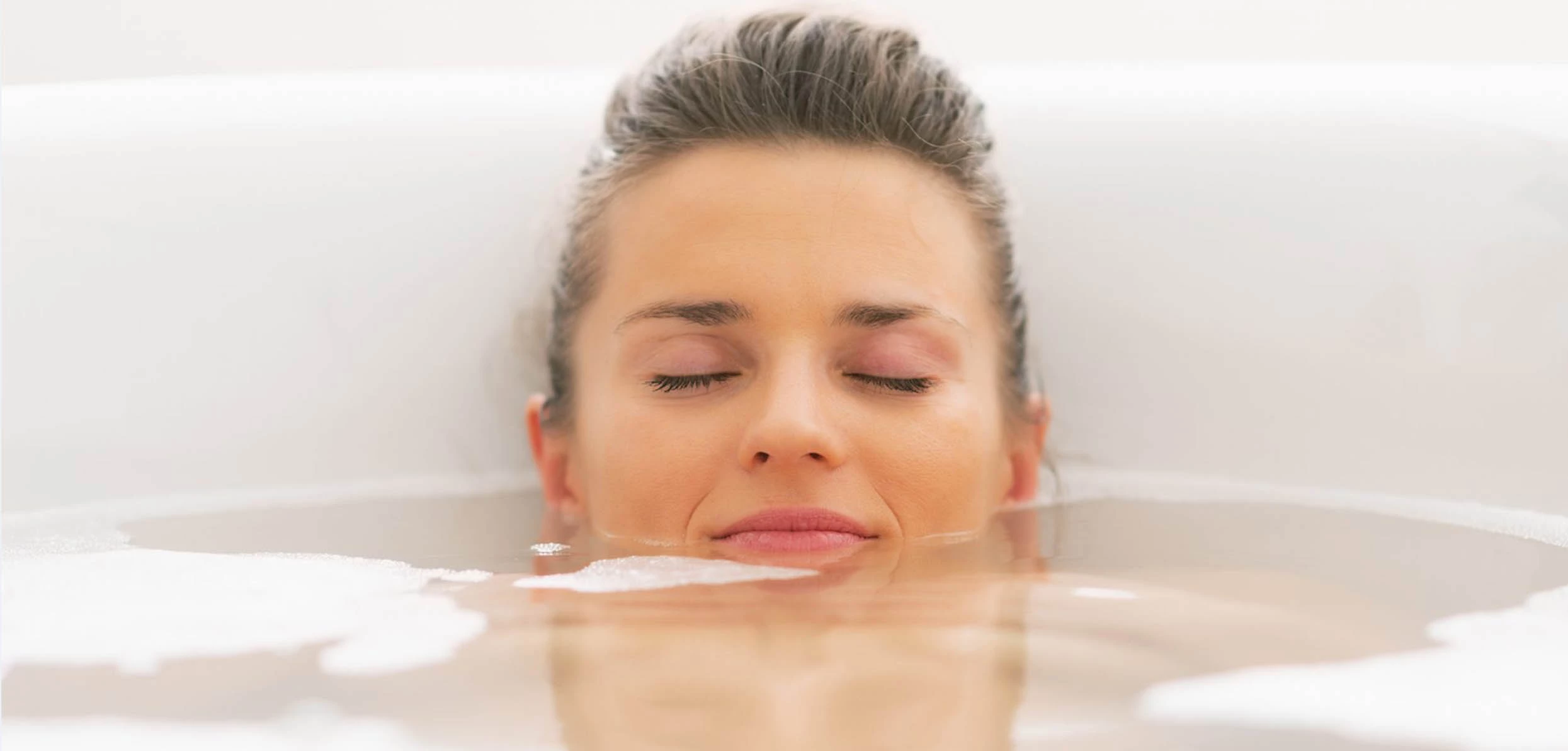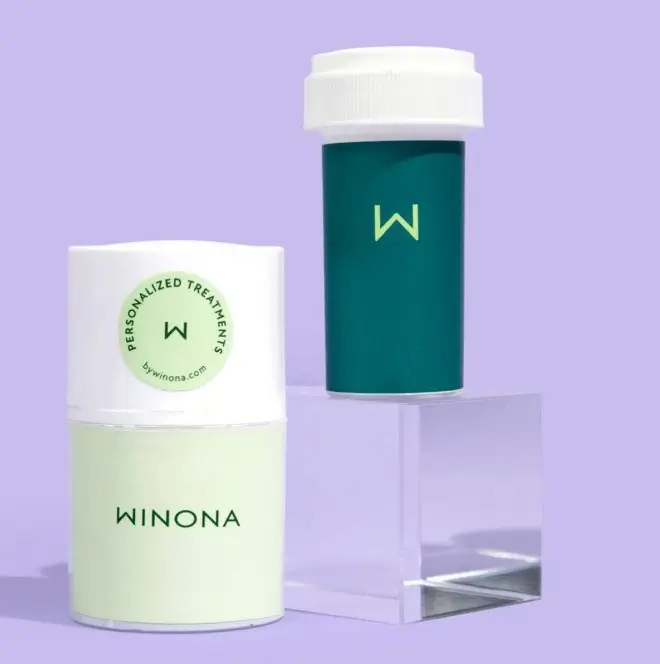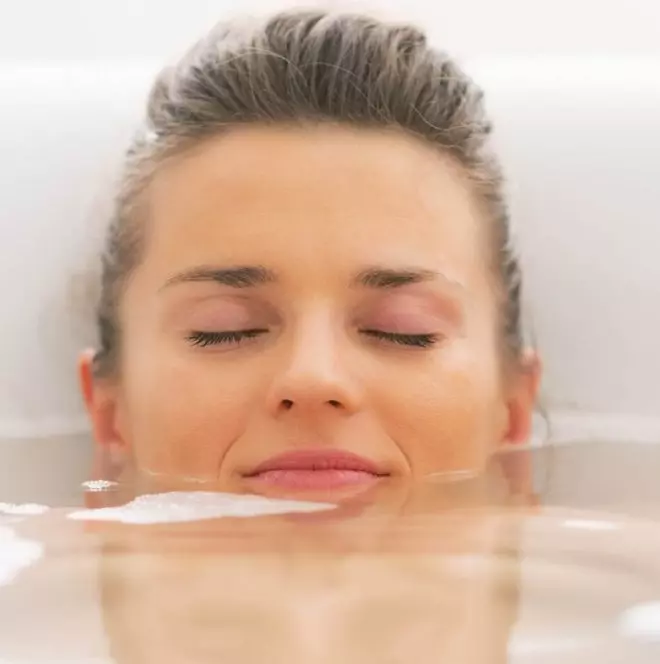
Hot flashes are a very common symptom of menopause; 85% of women experience them. Hot flashes also called hot flushes or night sweats can be severe enough to significantly change a woman’s quality of life. For some women, there are no specific triggers for hot flashes or flash causes... the hot flashes just seem to come randomly.
Sometimes, there can be triggers for hot flashes that make flashes occur more frequently. If you can identify triggers for hot flashes that affect you, then those triggers for hot flashes can be avoided, and your hot flashes will be reduced. This article will explore triggers for hot flashes and discuss what can be done to avoid these triggers in an effort to reduce hot flashes and regain control of a symptom that often seems out of control.
If you have had a hot flash, you know exactly what it feels like: a sudden feeling of heat, sometimes accompanied by a red, flushed face, and varying degrees of sweating. The triggers for hot flashes are vast, but what causes hot flashes? For some women, the number one hot flash cause is stress, and for others, it can be food or beverages, or even clothing. On a physiological level, hot flashes are triggered by changes in blood circulation due to stress, temperature, exertion, and hormone changes.
Decreasing hormone levels cause hot flashes during menopause. When women enter menopause, their ovaries begin to slow down. It is the ovaries that are the main producer of the hormones estrogen and progesterone so, as the ovaries become less active, the hormones they produce decrease.

The decreasing hormone levels act on an area of the brain called the hypothalamus, which is responsible for temperature regulation of the body, it is the thermostat. When the female hormones decrease, the hypothalamus becomes erratic in how well it does its job of regulating temperature. This erratic behavior causes hot flashes.
How hot flashes feel is different for each woman, but there are some common themes. They usually start with a warm sensation spreading through the chest, shoulders, arms, neck, and face. They can be accompanied by a red splotchy appearance on the skin of the affected areas. Sweating is common and sometimes extreme. The heart rate often will go up during the hot flash. As the hot flash starts to go away many women experience chills.
Personalized hormone treatments. For you.

This can produce stress and anxiety for many women and can be very distracting. On average, hot flashes last about a minute or two, but they can last over 10 minutes for some women. Even though there is a sensation of being hot, the actual body temperature does not generally rise above normal in most women.
Hot flashes are not dangerous, but they can lead to problems. Women that experience hot flashes while sleeping, or 'night sweats,' can have significant sleep disturbances. Poor sleep can lead to trouble concentrating during the day, irritability, and depression. Daytime hot flashes can interrupt work and recreation, leading to decreased productivity, embarrassment, and even social isolation.
The sweating that often accompanies hot flashes can be difficult to manage, leading to staining of clothes and further embarrassment. For these reasons and many others, hot flashes are worth treating by avoiding the triggers for hot flashes and by using medications to help reduce hot flashes. Winona has a full range of medications, both prescription and over the counter, that can be used to help eliminate hot flashes.
Triggers for Hot Flashes and Ways To Prevent Them

Common triggers for hot flashes include caffeine, alcohol, spicy foods, high temperatures, stress and anxiety, smoking, and obesity. Some women find it helpful to keep a hot flash journal to track hot flashes and potential triggers. Journaling may help you figure out the triggers for hot flashes that seem to be present during your hot flashes. Finding the specific triggers will help you to identify what needs to be avoided, and it may be your unique trigger that nobody told you about.
Caffeine has been shown to be associated with hot flashes. Caffeine can cause constriction of blood vessels. In some women, this can trigger the brain to widen the blood vessels to counteract the caffeine’s effect. If the widening of the blood vessels is an overcorrection of the internal thermostat and it can lead to a hot flash. For caffeine drinkers that experience hot flashes, it might be worth cutting back or eliminating caffeine intake.
Alcohol is one of the triggers for hot flashes even in people not going through menopause. Alcohol can affect the temperature regulation system in the brain in the same way decreasing hormone levels do during menopause. Because of this, alcohol intake may increase hot flashes in some women. Decreasing alcohol intake may help decrease the frequency and severity of hot flashes in some women.
Spicy foods can send signals to the brain that the body is hot. This can lead to a hot flash as the brain reacts to this false input. For some women avoiding spicy foods can decrease the number of hot flashes.
Hot temperatures, either by being in warm weather or dressing too warmly for the current weather can be one of the triggers for hot flashes in some women. Hot flashes are an over response to attempts to cool the body, so one strategy to reduce hot flashes is to dress in layers. This will make it convenient to change clothes with changing weather conditions and avoid overheating.

Stress and anxiety can trigger hot flashes in some. Stress can cause increases in certain hormones including norepinephrine and serotonin that can exacerbate the problems with thermoregulation that occur with menopause. Practicing mindful meditation and focused breathing techniques can help reduce stress and decrease hot flashes.
Smoking can not only cause more and worse hot flashes, but it can also contribute to earlier menopause. This is thought to be caused by the anti-estrogen properties of nicotine. There are many reasons to quit smoking, decreased hot flashes are one of them.
Obesity is also related to more frequent and more severe hot flashes in some women. Studies have shown that hot flash severity and frequency increase as weight increases. This is thought to be caused by the heat insulation found in larger women. Studies have shown that even 10% decrease in weight can lead to a large health benefit for obese women.
Hormone replacement therapy (HRT) remains the most effective treatment for hot flashes due to menopause. Recognizing and avoiding triggers for hot flashes can be of great benefit both for women that are not candidates for hormone therapy and in conjunction with hormone therapy. Avoidance of caffeine, alcohol, and spicy foods can reduce hot flashes in women who experience these triggers.
Learning and practicing stress-reducing routines such as meditation and focused breathing can do wonders for stress relief, which is beneficial in and of itself. The fact that these techniques can reduce hot flashes makes them even more important.
Most people understand the large health benefits of quitting smoking and losing weight for obese women. Both of these require a lot of work and commitment. Knowing that these lifestyle changes will help with hot flashes as well as the other health benefits may help to give the extra motivation required to finally achieve these difficult goals.
Personalized hormone treatments. For you.

Lifestyle changes
Be aware of, and try to reduce unnecessary stress. Being conscious about stress can help relieve it and so can the practice of deep breathing exercises in the morning and evening.
Reduce the temperature in rooms/offices, or open a window.
Dress in layers, so that you can remove clothing if feeling hot.
Use fans.
Carry wet wipes to cool the back of your neck when you feel a flash coming on.
Women who are overweight tend to have more trouble with hot flashes; weight loss can be helpful.
Try to quit smoking – smokers tend to experience more hot flashes.
Exercise! Women who are sedentary suffer more from hot flashes but exercise in a cooler environment.
Wearing socks to bed may be helpful because it helps to cool the core body temperature.
Wear loose, comfortable clothing made of cotton to help absorb perspiration.
Use lightweight blankets that can be removed if hot flashes wake you up.
Regular vigorous exercise may also decrease hot flashes.
Summary
There can be different triggers for hot flashes, and no two women will respond exactly the same. At Winona, we believe in an individualized, tailored approach to treating symptoms of menopause, including hot flashes.
Recognizing and avoiding triggers is one important part of relieving hot flashes. There are also supplements and medications—both prescription and over the counter—that can safely treat hot flashes and greatly improve the quality of life for those who suffer from them. Let our women’s health care specialists work with you to find the ideal solution to help with your menopausal symptoms.
Winona’s mission is to provide the most current, scientifically proven medical treatment for menopause symptoms. By partnering with the Winona healthcare providers, Winona subscribers receive ongoing support from a practitioner who continuously assesses treatment response, fine-tunes prescriptions, and works directly with each patient to improve their overall well-being. Winona patients can effectively, safely, and successfully treat disruptive menopause symptoms and improve their long term health.
“This article is for informational purposes only and does not constitute medical advice. The information contained herein is not a substitute for professional medical advice. Always talk to your doctor about the risks and benefits of any treatment.”
References:
Faubion, Stephanie S. “Caffeine and menopausal symptoms: what is the association?” Menopause, vol. 22, no. 2, 2015, pp. 155-158.
Freedman, Robert R. “Menopausal hot flashes: Mechanisms, endocrinology, treatment.” The Journal of Steroid Biochemistry and Molecular Biology, vol. 142, no. July, 2014, pp. 115-120.
Freeman, Ellen W. “The role of anxiety and hormonal changes in menopausal hot flashes.” Menopause, vol. 12, no. 3, pp. 258-266.
Greendale, Gail A. “Lifestyle factors: are they related to vasomotor symptoms and do they modify the effectiveness or side effects of hormone therapy?” The American Journal of Medicine, vol. 118, no. 12, Supplement 2, 2005, pp. 148-154.



